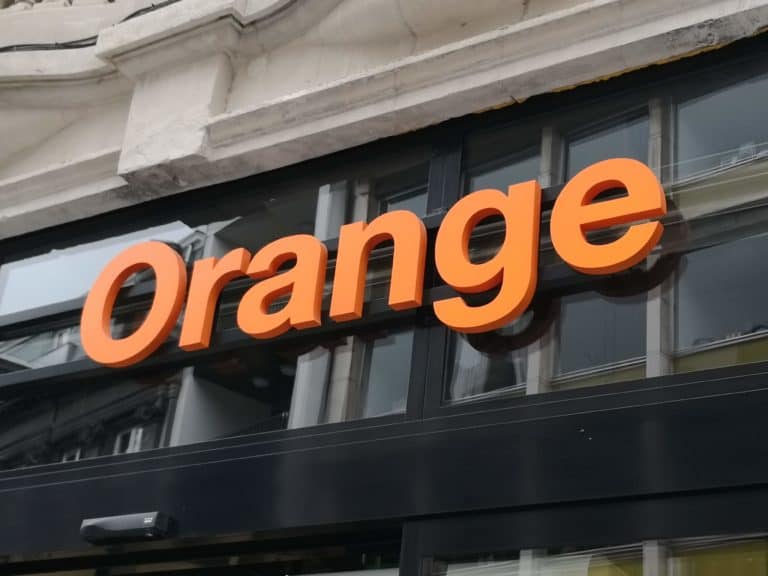The number of Spanish operators will decline if a giant deal goes through.
Spain is leading a fresh round of consolidation of the fragmented EU telecoms marke. According to reporting in the Financial Times, Orange and MasMovil said this week that they were in exclusive talks to combine their Spanish businesses through a €19.6bn joint venture. If they reach agreement and regulators approve, Spanish players would go from four to three.
Spain’s largest operator currently is Telefónica, followed by Orange, and Vodafone. MasMovil, the fourth biggest operator, went private in 2020 after a leveraged buyout by private equity groups KKR, Providence Equity Partners and Cinven.
Vodafone chief executive Nick Read has been under pressure from activist investor Cevian Capital to seek deals more aggressively. He has identified Spain, Italy and the UK as being ripe for a reduction from four to three. In addition, Portugal could go from three to two operators. Orange has said the French market would benefit from a four-to-three move.
The European Commission seeks to keep competition alive
The European Commission has seen things differently. They believe the current level of competition is critical to keeping prices down and give consumers more choice. The operators say they need to increase their returns to justify huge investments in broadband fibre and 5G. They have been selling off their towers businesses to raise more cash lately, but also see consolidation as key.
“The [Spanish] deal is the first major test of regulators’ appetite for in-market consolidation since the pandemic,” says Kester Mann of the CCS Insight telecoms research firm. “The industry has been pinning its hopes on a more lenient stance as the value of high-quality connectivity became ever more apparent.”
It can’t count on the commission relaxing its criteria however. Not with the EU itself making billions of euros available for network upgrades. And any attempt at consolidation can drag out over years due to regulators’ objections. The industry just has to look at the efforts to merge Three and O2 in the UK in 2016. A European court annulled the EU block on the agreement four years later. But by that time, the deal was dead anyway.
